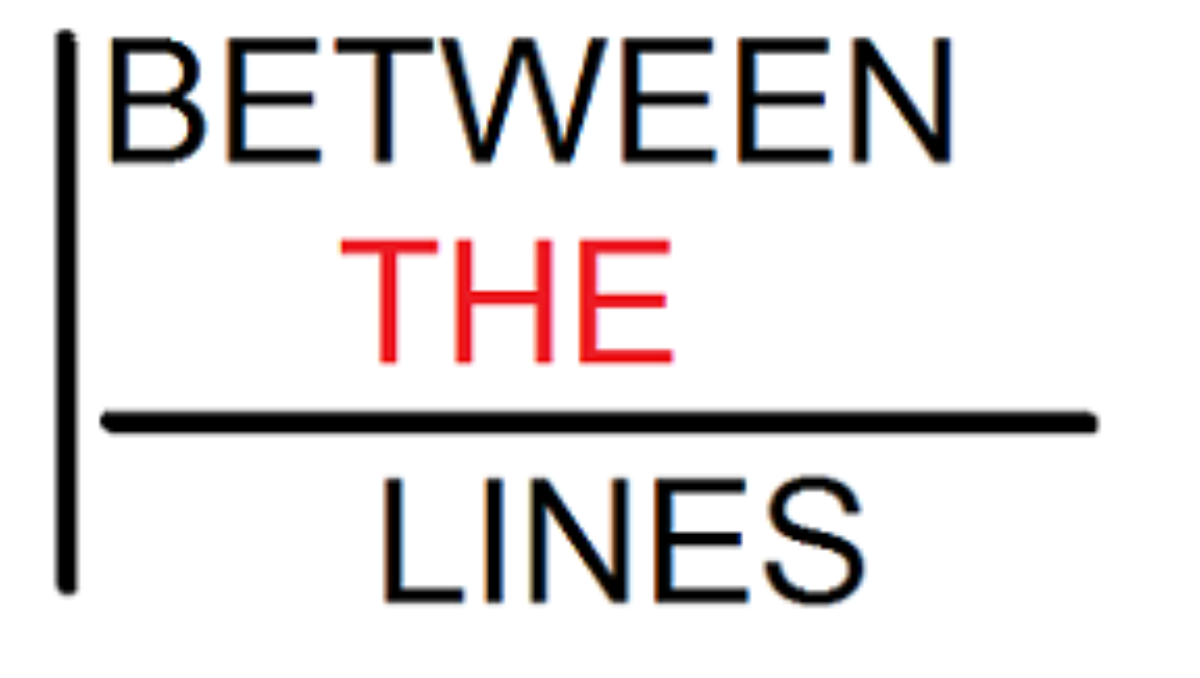Three Poems by Craig Morgan Teicher
from Ambivalence and Other Conundrums (Omnidawn, Fall 2013)
REGRET
Beckoned by the things you’d go back for but can’t, you push on, dragging the past behind like a vestigial tail, out of use but undeniably a living part of you, the thing, really, by which you define yourself: lizardo, can-kicker, backward-glancer tripping over a ripple in the road.
Yet you do go on, determined to get to where your dreams can expand to fill the space of their container, the wild sky just beyond your mind. It’s a shame to be cynical here, in only paragraph two, but necessary for the sake of the truth, which, dressed as the obvious, is counting on you.
You can go back. But only after you have read this far—the beginning only matters from a certain distance.
Two pigeons meet in the park and fight over a bit of bread and have no bearing on any of this. You can follow them into the night: they coo like horny machines outside some apartment window, but instead your mother is dead and you are too busy digging a tunnel back to childhood with a spoon.
DRUNKENNESS
Sip by sip, life becomes tolerable, then pleasant, then milky—as soft and gregarious as a lamb. The promises you made seem as silly and unimportant, old pieces of paper crumpled at the bottom of your bag. You are asleep before you realize, and there was no cow blocking the path toward your dreams, which carried you all the way to morning, when life intervened again, a fact smack in the face.
Now the long day stands before you, with its thousands of gnats horroring every possible path.
You had promised yourself, years and years ago, never to drink alone, like your father drank. Then you thought one or two might be ok. Then, after many drinks, many evenings spent stewing in your sour juices, the sin you’d committed seemed so far in the past an apology wouldn’t matter. So now all the evenings roll in this way, moist and comforting, hugging you how you always needed to be hugged.
Maybe age will set in like this too, so slowly you won’t have to notice, except for a few acidic moments that will be easy to black out. Hopefully death will be like entering a dream half-awake, half in control, just enough to slip into the swampy drama.
There is no real accounting for what you owe. Even those who cry and lament and rage when you die will die too, their echoes far too faint to trace to a source. For now, sleep well. Not even happiness feels this good.
WHAT YOU LOVE
Well, you’ve got to do something. On the one hand, the options are limitless. On the other, obviously, most options are unavailable to you. Those that are are obscured by the black hopelessness of possibility.
How many times did you tell yourself you knew what you wanted?
Some people are able to follow a single desire like a rope tied off just beyond the horizon. Some, annoyingly, will even say it’s a curse; of course it isn’t. How justified is our hatred of the blesséd and their blessings.
It’s good to have a hobby. I read books about jazz while listening to albums in the evening, after work, once the kids are in bed. My wife thinks it’s noise but puts up with it, barely. I can’t decide whether to go on or off my diet: indulge or withhold, sew happiness while I can or fortify my character…a hobby offers at least the illusion of a still point toward which one’s compass needle is trained.
A calling in life is just another decision, meaningless in the grand scheme, of which there isn’t one; no one is calling. The one who feels called is pushing against the great, indifferent weight which falls like an ocean on everyone’s shoulders—thankfully we are all in this together.
You must follow your heart, though all hearts are heading to the same place, a place for hearts only.
It takes 10,000 hours of repetition to achieve mastery, but don’t think about that or you’ll never start; all mountains rise slowly, perhaps a little too slowly, into the one sky.
Read our “Between the Lines” Interview with Craig Morgan Teicher
Poetry
Sally Ball
Michael Bazzett
Justin Bigos
Mary Lou Buschi
Ye Chun
Brandon Courtney
Cynthia Cruz
Jenny Doughty
Cornelius Eady
Vievee Francis
James Allen Hall
Shannon Elizabeth Hardwick
Matthew Haughton
Kevin Heaton
Maria Hummel
Sarah Johnson
George Kalamaras
Toshiya Kamei
Owen Lewis
Timothy Liu
Victoria Lynne McCoy
Gerardo Mena
Rajiv Mohabir
Muriel Nelson
Christopher Prewitt
Lynne Procope
Molly Rose Quinn
Cat Richardson
David Roderick
Damian Rogers
Michael Schmeltzer
Allison Seay
Laura Sheahen
Raena Shirali
P.J. Williams
Jennifer Whitaker
William Kelley Woolfitt
Monika Zobel
Between the Lines: An Interview with Craig Morgan Teicher
To kick off our new interview series, “Between the Lines,” we talk to contributing editor Craig Morgan Teicher about the vagaries of the artistic process and the thematic obsessions that ultimately guide its course.
FWR: You’re currently working with prose poems, which also take on a more conversational structure than some of your previous work. In your poem, “Layoff,” from your book To Keep Love Blurry, you write, “It’s not what you say, but / how you say it and why, whom you address / that makes a poem go.” Can you talk a little about the how and why of these new poems?
CMT: Well, I’m not currently working in prose—I’m actually really going on a new heap of poems that I hope will settle into a manuscript soon, and I’m not sure yet whether this group of prose pieces will fall in with them. These prose pieces came about because Rusty Morrisson at Omnidawn was kind enough to ask me for a chapbook, and after writing and turning in and editing and seeing the publication of To Keep Love Blurry, I felt pretty dried out. Good writing just wasn’t coming, though I wanted to be writing very much—there’s no better feeling than words coming out. So I set myself a project—to take “big topics” as my titles and then kinda think my way down a page on the topic. I let myself write in prose because many of the poems in To Keep Love Blurry are in strict forms and rhyme schemes, and I wanted to break my mind out of those habits, or to take some pressure off. As I wrote a few pieces like this, a voice began to emerge and the pieces began talking to each other. Whether or not it seems like it, these pieces were heavily worked over and drafted over months, which is to say, I guess, that they were a lot hairier when they started.
FWR: Your chapbook, Ambivalence and Other Conundrums, will be published this fall by Omnidawn. The poems featured here touch briefly on specifics, such as a mother’s death, a father’s alcoholism, the speaker’s wife. In the chapbook, do these pieces combine to create a longer narrative?
CMT: Dang, and I thought I was being veiled and unautobiographical in these pieces. Alas. Those three characters—the mother, the father, the wife—which, er, may or may not have an autobiographical basis, keep coming up. Obviously, aside from their relationship to my lived life, they’re important symbols to me, as I end up writing about the way between being a child and being a parent, how one gets there, what the markers and stepping stones are. The chapbook doesn’t have a narrative, but it’s got plenty of evidence of my same old obsessions, as do the new poems I’m working on.
FWR: Do you feel you tend to address your obsessions directly in much of your writing, or do you find they usually manage to seep in on their own? How have they evolved—whether the obsessions themselves or your approach to them—between books?
CMT: I think there are two kinds of writers: those who repeat themselves a lot and those who repeat themselves a little less. I’m the former rather than the latter, I believe, though I hope I’m finding new ways to say the same things. I don’t mind it when writers obsess over their obsessions for an entire career, as long as they get somewhere with it, which I hope I am/will. I think we’re pretty helpless against our obsessions—mine include fear, guilt, my mother, poetry, fatherhood, son-hood, and thinking on camera, as it were—but I try to find new angles of approach.
FWR: I love this idea of taking these “big topics,” as you mentioned earlier, and writing into them, both intellectually and personally. What was the first “big topic” you chose and how did you begin? Did you discover something new or surprising about your relationship to any of these topics while writing these poems?
CMT: Jeez, I can’t even remember now. It was probably fear…I think the subtitle of all of these pieces is “fear,” if not the actual title. Writing is just an endeavor to keep the inner mouth moving, to fend off silence, which is the element in which fear spins its weird webs, which, in fact, are probably as harmless as real spider webs are (to people), but that doesn’t stop most of us from freaking out whenever we walk into one and feel its invisible chords sticking to our skin. I suppose I was reminded of how susceptible to fear I am while writing these pieces, and how interested I am in it, what a muse fear is.
Three Poems by Craig Morgan Teicher
|
More Interviews |
- Published in Between the Lines, Interview, Series




